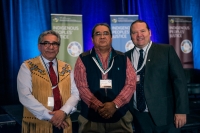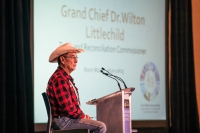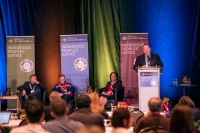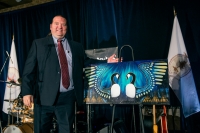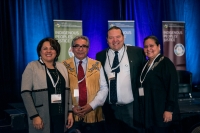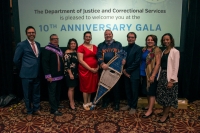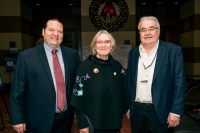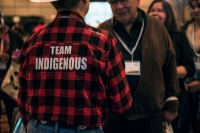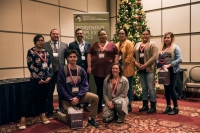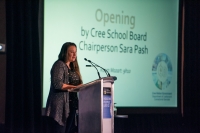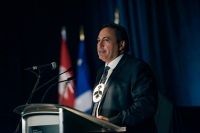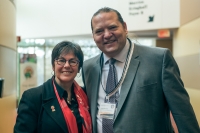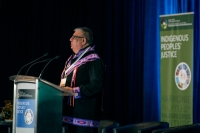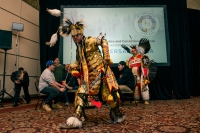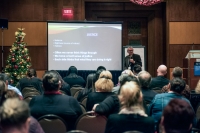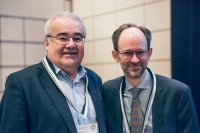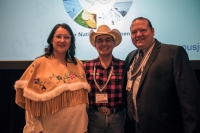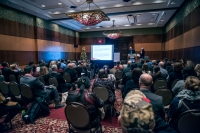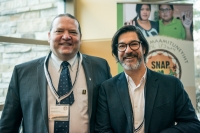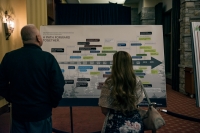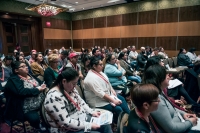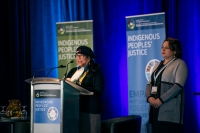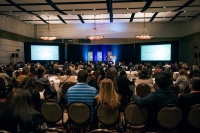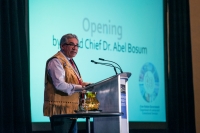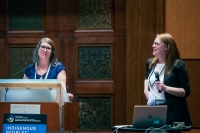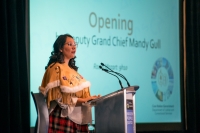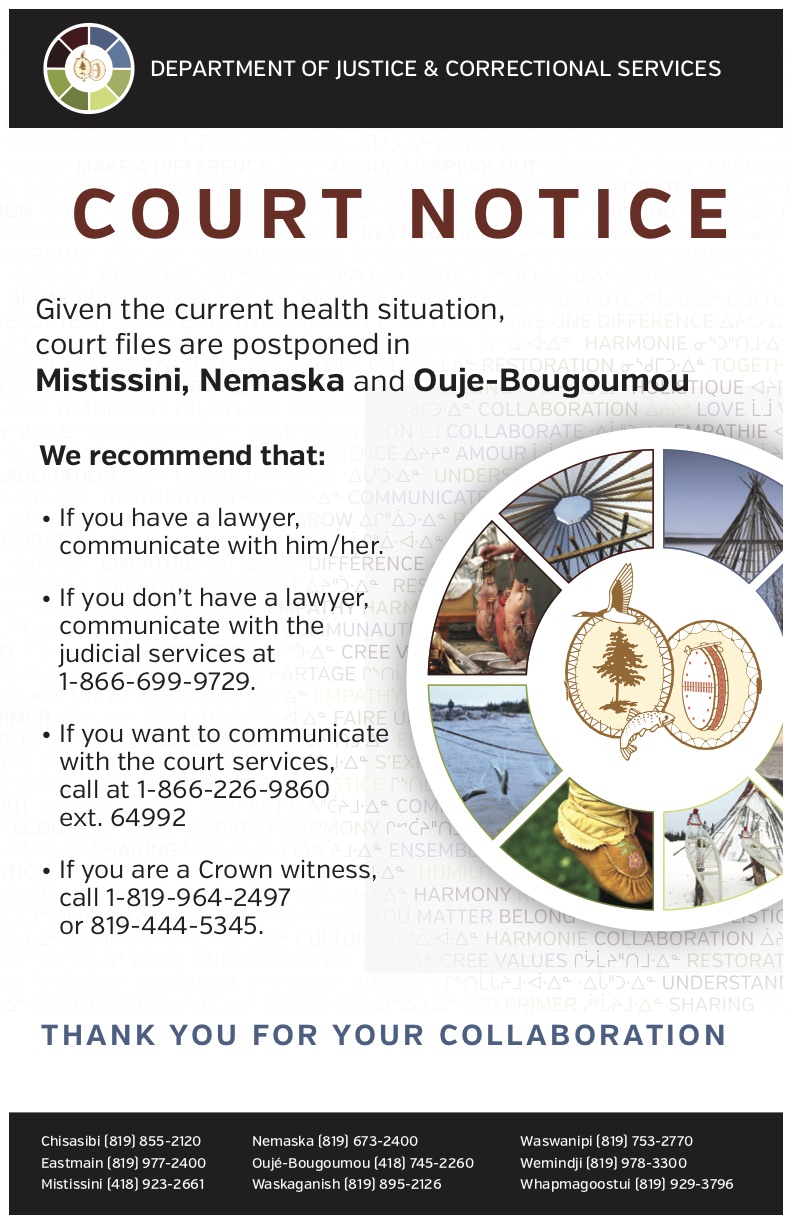
Over the course of ten years since our inception in 2018, the DOCJS has conceived and implemented various educational gatherings and symposia, including the 2009 Justice Symposium (Mistissini), the 2010 Eeyou Istchee Family Violence Symposium, the 2013 Cree Anti-Bullying Symposium, the 2017 Hear, Listen, Understand Conference, and 2018 Mindfulness Conference. We have also held yearly Justice Committee Conferences, and a tour of community workshops and speakers on various topics related to justice.
In mid-2018, we arrived at the concept of Indigenous Peoples’ Justice: Reconciliation and Capacity Building conference, the first of its kind in Canada. With the support of the Cree-Quebec Judicial Advisory Committee and Cree Nation Government Management Committee, we moved forward and reached out to an incredible group of speakers with whom we had worked with throughout the years, and 25 speakers filled our agenda in no time. To us, this incredible response spoke to a need for a national venue on Indigenous justice.
Held at the Hilton Lac Leamy in Gatineau, Quebec, from December 4 to December 6, 2018, this large, 300+ delegate symposium featured a mix of keynote, plenary and concurrent workshop sessions, led or facilitated by an exceptional array of renowned Canadian and international leaders, researchers, dignitaries and justice experts, in addition to members of our own DOJCS team.
Through this conference, the DOJCS aimed at educating and raising awareness about Indigenous justice and related issues and at fulfilling some of the Truth and Reconciliation Commission Calls to Action, in respect to justice, human rights, education and awareness on Indigenous issues and peoples.
It was also a great occasion to implement various provisions under the JBNQA and other agreements in relation to the training, education and awareness of personnel working in Cree justice system. Few are the occasions where such an array of Canadian and international speakers, leaders and delegates all come together in one location. During the 3 days it lasted, the conference offered the perfect setting for dialogue between participants and stimulated a greater discourse within the Cree Nation, Quebec and Canada.
The Department wishes to look to provide another Indigenous Peoples’ Justice Conference in the future. However, given the logistics and planning, we would look at organizing one every two years. This would allow to recruit more post-secondary students, and for other Indigenous groups, government agencies and partner organizations to plan in advance to attend, while giving us more time to book speakers and promote the event.

